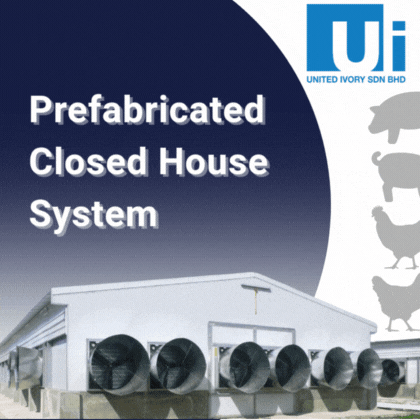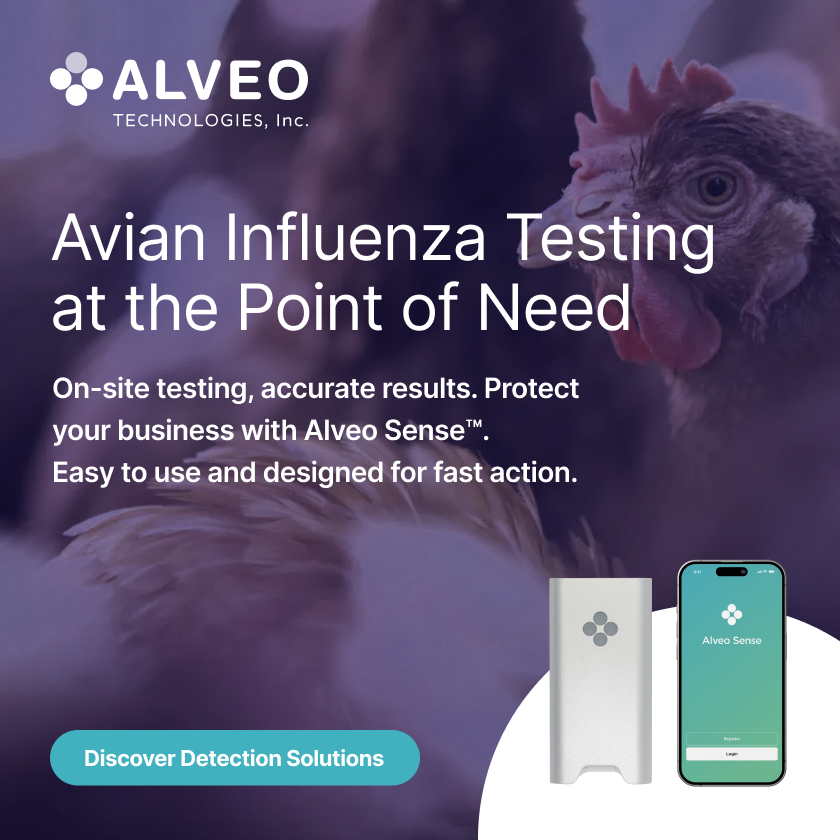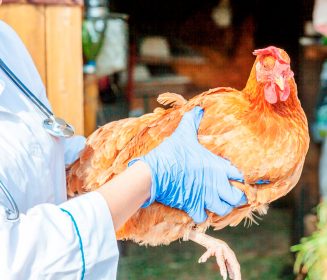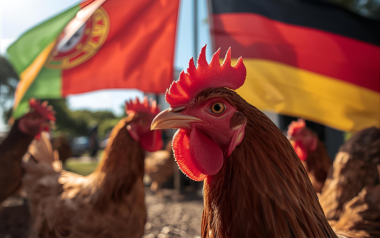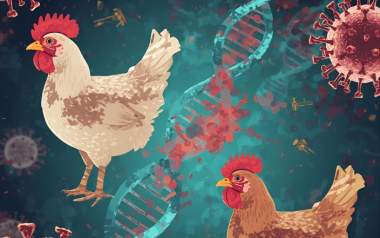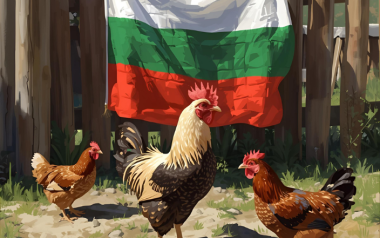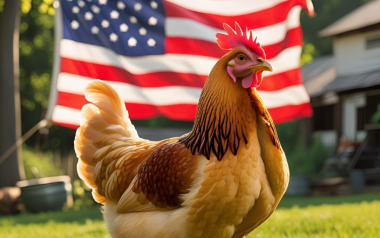Sources: Available upon request
19 Jul 2024
Poultry workers at Risk: U.S. calls for Avian Influenza vaccination
As outbreaks of Avian Influenza continue to emerge, the call for vaccinating poultry workers grows louder. It is imperative that policymakers, industry leaders, and public health officials heed this call and take swift action.
In the vast and intricate web of food production, poultry workers occupy a crucial yet perilous position. Their daily tasks ensure that millions of people can access affordable poultry products. However, these essential workers are increasingly at risk due to the emergence and spread of avian influenza (AI). With recent outbreaks across various states, there is a growing call for the vaccination of poultry workers against this deadly virus to safeguard their health and the stability of the poultry industry.
The vulnerability of poultry workers
Poultry workers are at the frontline of this battle against avian influenza. Their daily exposure to poultry increases their risk of contracting the virus, especially in the absence of adequate protective measures. Despite stringent biosecurity protocols, the highly contagious nature of AI means that even minor lapses can lead to outbreaks.
The health risks faced by poultry workers extend beyond physical illness. The fear of contracting avian influenza adds to the stress and anxiety associated with their jobs. Moreover, many of these workers belong to marginalized communities with limited access to healthcare and other resources, compounding their vulnerability.
The case for vaccination
Given the high risk of avian influenza among poultry workers, vaccination has emerged as a vital preventive measure. Vaccination can significantly reduce the likelihood of infection and the severity of symptoms if an individual does contract the virus. This not only protects the health of the workers but also helps in preventing the spread of the virus within the community and beyond.
Public health experts and industry stakeholders are advocating for the prioritization of poultry workers in vaccination programs. Such a move is not without precedent; healthcare workers and other high-risk groups are routinely given priority during flu vaccination campaigns. Extending this priority to poultry workers during AI outbreaks is a logical and necessary step.
Implementing a vaccination program
The successful implementation of a vaccination program for poultry workers requires coordinated efforts from multiple stakeholders, including government agencies, health organizations, and the poultry industry. Key steps in this process include:
- Identifying high-risk areas: Mapping out regions with significant poultry farming activities and recent AI outbreaks to prioritize vaccination efforts.
- Ensuring vaccine availability: Securing sufficient doses of the AI vaccine and ensuring they are distributed to high-risk areas promptly.
- Awareness and education: Conducting awareness campaigns to inform poultry workers about the benefits of vaccination and address any concerns or misconceptions.
- Access and logistics: Setting up vaccination centers in proximity to poultry farms and processing plants to ensure easy access for workers. Mobile vaccination units can also be deployed to reach remote areas.
- Monitoring and evaluation: Establishing systems to monitor the uptake of the vaccine and its effectiveness in preventing AI among poultry workers. This data can help refine and improve the vaccination program over time.
Challenges and considerations
While the benefits of vaccinating poultry workers against avian influenza are clear, several challenges must be addressed to ensure the success of such a program. These include:
- Vaccine hesitancy: Some workers may be reluctant to get vaccinated due to misinformation or distrust of medical interventions. Tailored communication strategies are needed to build trust and encourage vaccine uptake.
- Resource constraints: Ensuring adequate funding and resources for the vaccination program is critical. This includes securing vaccines, training healthcare providers, and setting up vaccination infrastructure.
- Regulatory approvals: Obtaining timely regulatory approvals for the AI vaccine can be a bottleneck. Streamlined processes are necessary to expedite this step without compromising safety and efficacy.
- Coordination among stakeholders: Effective collaboration between government agencies, health organizations, and the poultry industry is essential to overcome logistical and operational challenges.
Conclusion
Poultry workers play an indispensable role in the food supply chain, and their health and safety must be a priority. The threat of avian influenza is real and imminent, necessitating proactive measures to protect these workers. Vaccination against AI is a practical and effective strategy that can significantly reduce the risk of infection and ensure the continuity of poultry production.
As outbreaks continue to emerge, the call for vaccinating poultry workers grows louder. It is imperative that policymakers, industry leaders, and public health officials heed this call and take swift action. By doing so, we not only safeguard the health of poultry workers but also protect the broader community from the devastating impacts of avian influenza.




